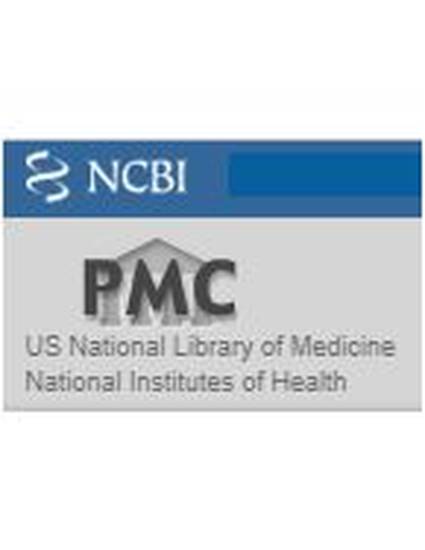
Article
Repeated restraint stress exposure during early withdrawal accelerates incubation of cue-induced cocaine craving
Addiction Biology
(2018)
Abstract
A major challenge for treating cocaine addiction is the propensity for abstinent users to relapse. Two important triggers for relapse are cues associated with prior drug use and stressful life events. To study their interaction in promoting relapse during abstinence, we used the incubation model of craving and relapse in which cue-induced drug seeking progressively intensifies ('incubates') during withdrawal from extended-access cocaine self-administration. We tested rats for cue-induced cocaine seeking on withdrawal day (WD) 1. Rats were then subjected to repeated restraint stress or control conditions (seven sessions held between WD6 and WD14). All rats were tested again for cue-induced cocaine seeking on WD15, 1 day after the last stress or control session. Although controls showed a time-dependent increase in cue-induced cocaine seeking (incubation), rats exposed to repeated stress in early withdrawal exhibited a more robust increase in seeking behavior between WD1 and WD15. In separate stressed and control rats,equivalent cocaine seeking was observed on WD48. These results indicate that repeated stress in early withdrawal accelerates incubation of cocaine craving, although craving plateaus at the same level were observed in controls. However, 1 month after the WD48 test, rats subjected to repeated stress in early withdrawal showed enhanced cue-induced cocaine seeking following acute (24 hours) food deprivation stress. Together, these data indicate that chronic stress exposure enhances the initial rate of incubation of craving during early withdrawal, resulting in increased vulnerability to cue-induced relapse during this period, and may lead to a persistent increase in vulnerability to the relapse-promoting effects of stress.
Keywords
- Chronic stress,
- cocaine,
- incubation of craving,
- repeated restraint stress,
- self-administration
Disciplines
Publication Date
January 1, 2018
DOI
10.1111/adb.12475
Citation Information
Ryan M. Glynn, J. Amiel Rosenkranz, Marina E. Wolf, Aaron Caccamise, et al.. "Repeated restraint stress exposure during early withdrawal accelerates incubation of cue-induced cocaine craving" Addiction Biology Vol. 23 Iss. 1 (2018) p. 80 - 89 ISSN: 1369-1600 (Online) Available at: http://works.bepress.com/jessica-loweth/1/
